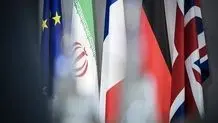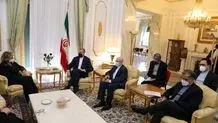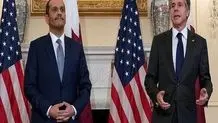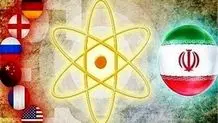Ned Price claims;
Revived nuclear deal 'closer now than it was two weeks ago
The US State Department spokesperson says that the US is still conducting consultations on European Union's presented proposal, adding that some divisions remain between the United States and Iran.
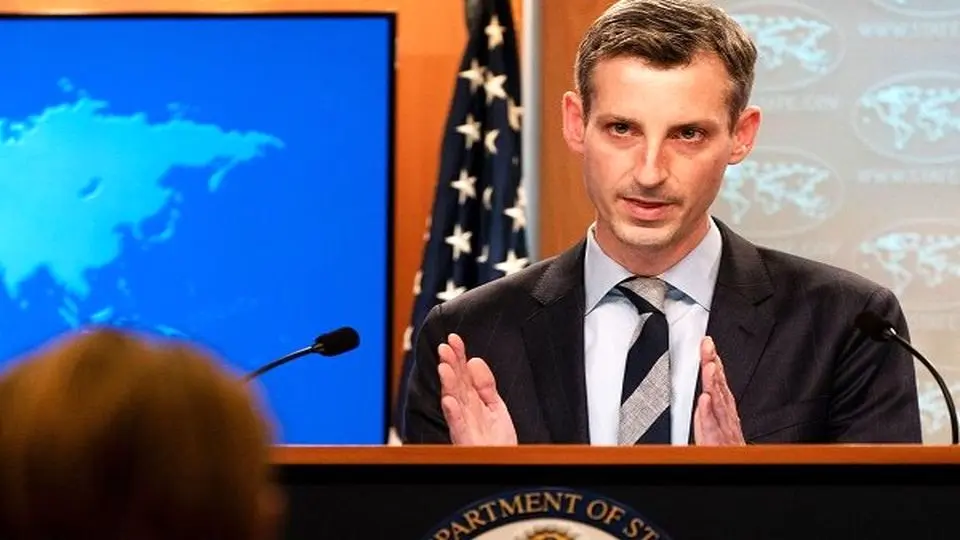
MEHR: The US State Department spokesperson says that the US is still conducting consultations on European Union's presented proposal, adding that some divisions remain between the United States and Iran.
"A deal is closer now than it was two weeks ago, but the outcome of these ongoing discussions still remains uncertain as gaps do remain," Ned Price said at a State Department briefing.
On Monday, Price said that the US was still conducting consultations, telling reporters, "We are working as quickly as we can, as methodically as we can and as carefully as we can see to it that our response is complete. It takes into account the Iranian feedback and we'll provide that to the EU as soon as we're able."
He also said the US was "conveying (its) feedback directly and privately to the EU," which serves as the mediator between the two sides.
Price claimed Iran had complicated the negotiations, noting the US had been prepared to accept the EU "final text" deal, but Iran "responded with several comments."
"This is why it has taken us some additional time to review those comments and to determine our response," he said, adding that "had there been a clean Iranian response, a clear yes answer, I'm not sure that we would be in a back and forth the way we are now."
“We are encouraged by the fact that Iran appears to have dropped some of its non-starter demands, such as lifting the FTO designation of the IRGC. But … there are still some outstanding issues that must be resolved, some gaps that must be bridged if we are able to get there,” Price claimed.
Iran and the remaining parties to the JCPOA -- Russia, China, France, Britain, and Germany -- had held several rounds of negotiations in the Austrian capital of Vienna since April last year to restore the agreement, which was abandoned by the former US President Donald Trump in May 2018.
In quitting the agreement, Trump restored sanctions on Iran as part of what he called the “maximum pressure” campaign against the country. Those sanctions are being enforced to this day by the Joe Biden administration, even though it has repeatedly acknowledged that the policy has been a mistake and a failure.
Numerous rounds of indirect negotiations in Vienna and Doha between Tehran and Washington over the past 16 months have failed to secure a path back to the deal.
But earlier this month, the European Union presented what it has described as a “final text” to a renewed deal. Iran submitted a response to the draft last week, which EU foreign policy chief Josep Borrell has described as “reasonable“.
“What matters so far is [the] procrastination from the American side on offering a response,” Iranian Foreign Ministry Spokesman Nasser Kan'ani told reporters on Monday.
آخرین اخبار News را از طریق این لینک پیگیری کنید.

